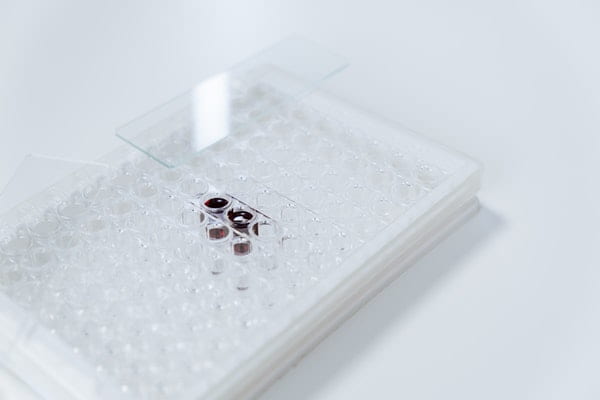Biostatistics and Bioinformatics Core
The Biostatistics and Bioinformatics Core is available to help investigators with grant preparation, study design, statistical and bioinformatics analyses, and statistical and bioinformatics education. To request Biostatistics and Bioinformatics Core services, complete this contact form.

Fees
- Help to Early Career Investigators (those who have not yet been the PI of a funded NIH grant at the R01 level or higher) with HIV-related projects is generally free.
- Help to Senior Investigators (those who are or have been the PI of a funded NIH grant at the R01 level or higher) with preparation for an HIV-related grant proposal is generally free.
- Each Senior Investigator is also entitled to 2 free hours per year of consulting from the Biostatistics and Bioinformatics Core.
Lead Time
We encourage investigators to contact us early with any requests, as most research projects are iterative and often take longer than anticipated.
- Grant Preparation
- At least 6 weeks before the grant is due for Internal Submission for NIH or other external funding source.
- The deadline specified in the Developmental and Mentoring Core RFP for Developmental and Mentoring Core applications.
- Other requests
- At least 4 weeks before a deadline
- Note: complex projects may require a substantially longer lead time
Requests with less lead time may be accommodated depending on staff availability and existing project demands.
Services

Grant Submissions
- Help with formulating aims and hypotheses
- Analysis of pilot data
- Design of new studies
- Statistical analysis methods
- Justification of sample size
- Help with listing possible limitations and developing alternative approaches to mitigate the limitations
- General review of logic of proposal
- Assistance in understanding and answering grant critiques

Design
- Formulation of hypotheses
- Sampling schemes
- Consideration of stratification and random ordering
- Variability of various possible endpoints
- Reliability and validity of questionnaires
- Choice of statistical tests
- Power and sample size for fixed or sequential experiments
- Advice on data items to be collected in laboratory, animal, clinical, outcomes, and epidemiologic studies

Statistical Analysis
- Logical checks of data
- Tests of hypotheses
- Development of statistical models
- Testing of statistical assumptions for tests and models
- Plots illustrating the results of analyses
- Help with drafting abstracts, talks, posters, and manuscripts

Bioinformatics Analysis
- RNA-seq, single cell RNA-seq, small RNA-seq, and ChIP-seq analysis

Training
- Reviews of statistical methods and analyses in relevant literature
- Education in statistical methods
- Statistical computer packages.(e.g., STATA and R)

Data Management
- General data management advice
- Advice on de-identification and data sharing requirements for NIH projects
- Please note, data management services are not provided for individual projects
Biostatistics and Bioinformatics Core Leadership

Contact us with questions:
Email: cfar@harvard.edu
Harvard University Center for AIDS Research
42 Church Street
Cambridge, MA 02138
Phone: 617-384-9039
Fax: 617-496-1833



